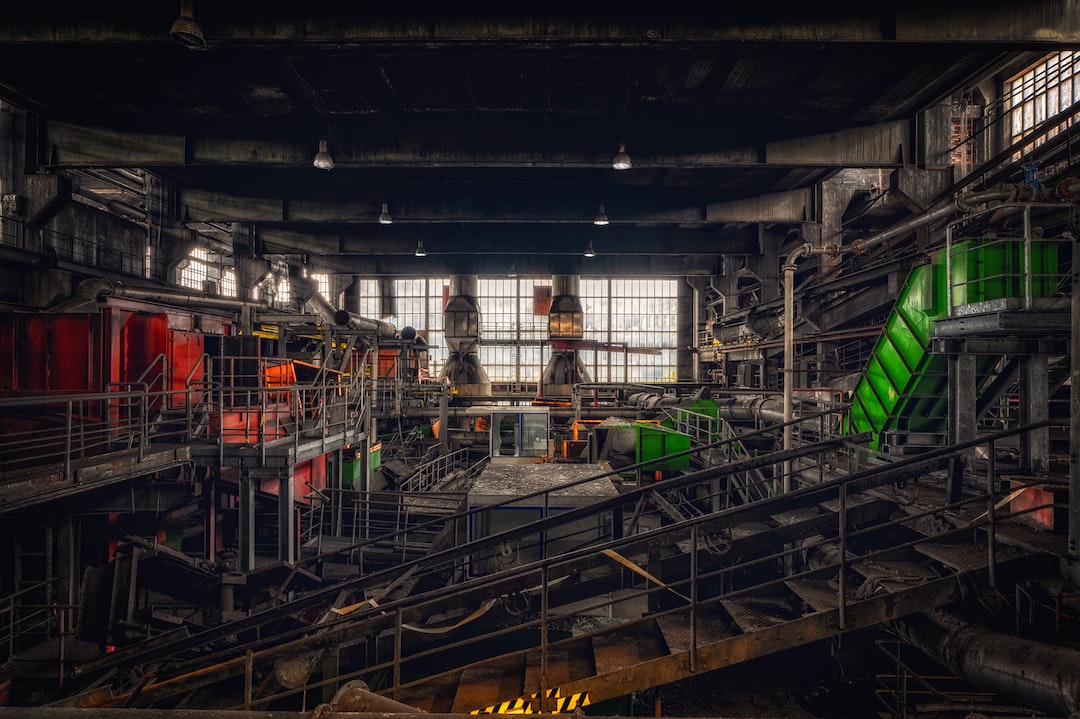The rise of automation technology has revolutionized the manufacturing industry over the past few decades. Advancements in industrial automation have enabled manufacturers to streamline their operations, boost efficiency, and increase profit margins. As the trend of automation continues to grow, new technologies are emerging that are set to take manufacturing to new heights.
One of the most significant advancements in industrial automation is the growth of robotics. Robots have become an integral part of the manufacturing industry, performing a wide range of tasks that are either too difficult or too dangerous for human workers. They can perform repetitive tasks with precision, speed, and accuracy, which is particularly useful in industries where quality control is critical, such as the automotive and aerospace industries.
Furthermore, the evolution of artificial intelligence (AI) has made robotics even more valuable. AI has enabled robots to learn on the go and make independent decisions to improve their performance. This means that robots can now take on tasks that are more complex and require a high level of decision-making skills. This development has led to the emergence of a new generation of robots that can work alongside human workers, creating a new paradigm in the manufacturing process.
Another critical advancement in industrial automation is the integration of the Internet of Things (IoT) technology. IoT sensors can be embedded in equipment to monitor and collect data in real-time. This data can be analyzed to identify patterns and trends, which can provide valuable insights into the performance of the manufacturing process. By monitoring equipment and analyzing the data, manufacturers can detect potential problems before they occur, reducing downtime, and saving costs.
Also, industrial automation has enabled the creation of “smart factories.” Smart factories combine advanced technologies such as robotics, AI, and IoT to create a fully integrated and automated manufacturing process. Smart factories can operate on their own, with minimal human intervention. They can manage the entire process from initial design to final shipment, with high levels of quality control and operational efficiency.
Lastly, advancements in data analytics and machine learning have enabled manufacturers to gain insights into the manufacturing process that were previously impossible. By analyzing large amounts of data, manufacturers can identify inefficiencies, make informed decisions, and optimize the manufacturing process. For instance, manufacturers can use machine learning algorithms to predict equipment malfunctions, enabling them to schedule maintenance before a breakdown occurs, and avoid costly downtime.
In conclusion, industrial automation has transformed the manufacturing industry by enabling manufacturers to streamline their operations, boost efficiency, and increase profits. The continual advancements in technology, from the internet of things to robotics and AI, are creating new paradigms and opportunities in the manufacturing process. As these technologies continue to evolve, it is clear that the future of manufacturing is going to be more automated, efficient, and profitable.

